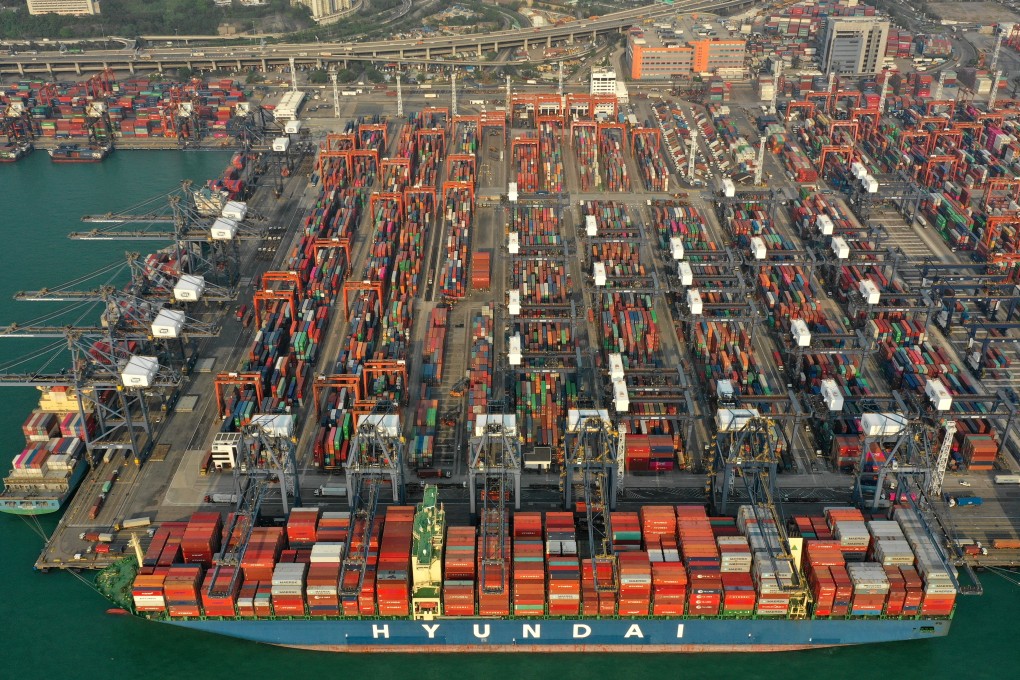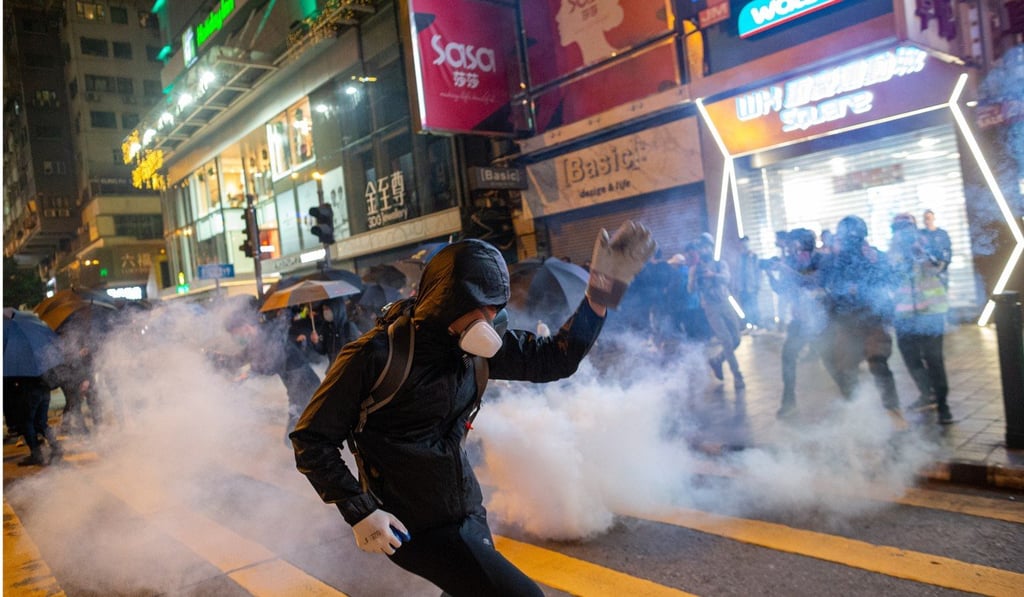Hong Kong economy contracted 1.9 per cent in 2019, IMF forecasts, as protests and weak global growth take toll
- International Monetary Fund also forecasts the city will see GDP growth of 0.2 per cent in 2020, led by private consumption
- Official statistics show value of city’s exports in November dropped 1.4 per cent to HK$359.3 billion, while total imports also fell for 12th straight month

Hong Kong’s economy is expected to contract 1.9 per cent this year, the International Monetary Fund said on Monday, worse than the government’s earlier forecast of a 1.3 per cent decline, as officials warned that global growth had yet to show signs of recovery despite the trade war truce.
The IMF made the forecast in a report released on the same day the city’s Census and Statistics Department announced that exports dropped 1.4 per cent in November to HK$359.3 billion (US$46.1 billion), the 13th straight month of year-on-year declines.
“Economic activity in Hong Kong weakened significantly in 2019 as rising trade tensions between the US and China and heightened uncertainty took a toll on exports and investment while private consumption and visitor arrivals have declined due to the social unrest that started over the summer,” the IMF said.
Hong Kong has been rocked by anti-government protests since June, triggered by a now-withdrawn extradition bill.

The IMF forecast the city would see gross domestic product growth of 0.2 per cent in 2020, led by private consumption.